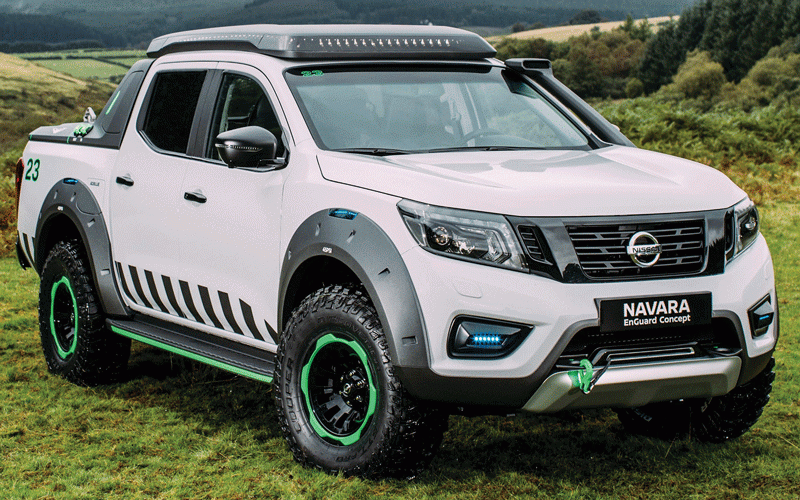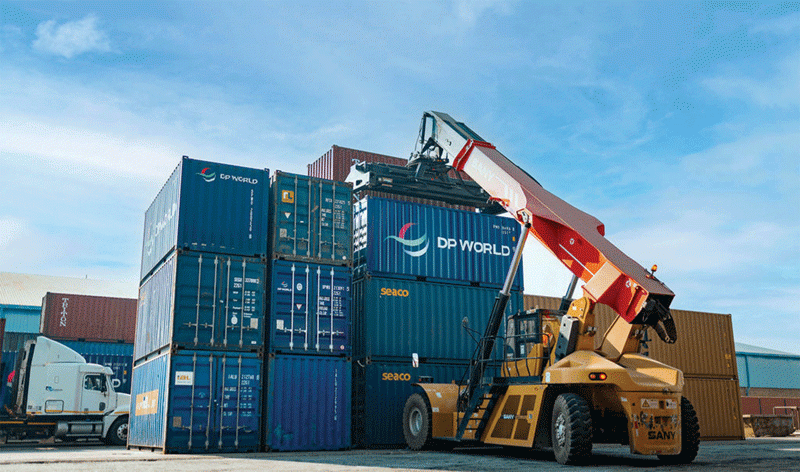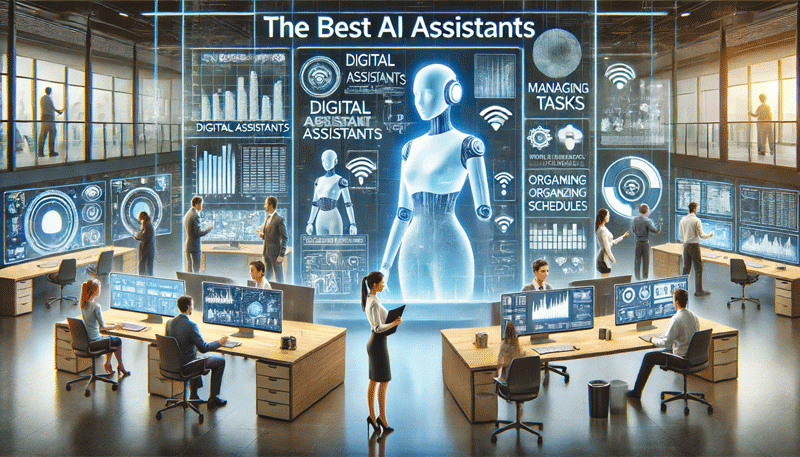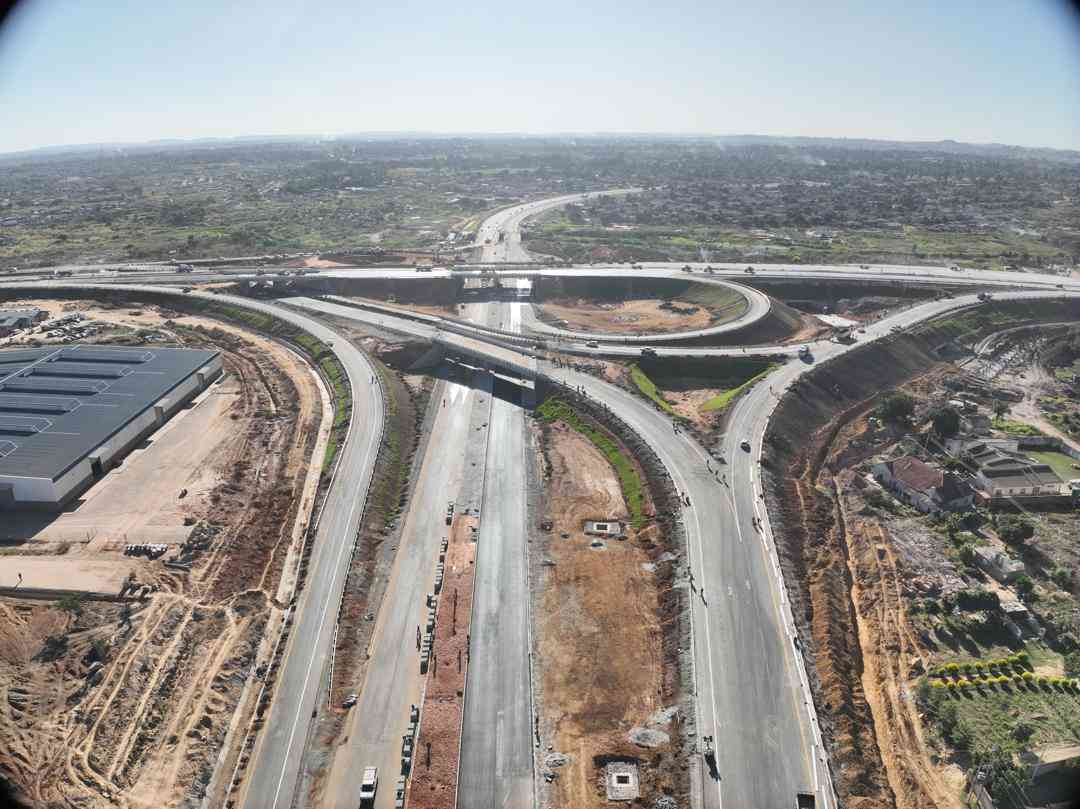
Once a giant of the global auto industry, Nissan Motors has recently had its share of challenges. The company has struggled to stay one of the top automakers in the world.
Nissan is indicating that it is prepared to rise once more, though, with new models in the works and a resolute plan to restore its former glory. Will these efforts be sufficient to bring the brand back to its previous level of prominence? It might be a case of too little too late.
Success in the past and a recent slip from grace
Nissan gained a reputation for superior performance and innovative design thanks to iconic cars such as the GT-R and the Z series. By the late 1990s, Nissan had established itself as a major force in the world and had joined forces with Renault and then Mitsubishi to form the Renault-Nissan-Mitsubishi Alliance.
But in recent years, the cracks started to show. Sales steadily declined due to a combination of economic headwinds, fierce competition, and an excessive reliance on outdated models. In 2018, the arrest of former chairman Carlos Ghosn on suspicion of financial misconduct further damaged the company's reputation and exposed governance issues. Investor confidence was damaged by this upheaval, and Nissan was forced to chart a new course.
Ivan Espinosa assumes new leadership
On March 11, 2025, Nissan named Ivan Espinosa as its new CEO in a major effort to restore trust in its leadership. Espinosa, previously the company’s senior vice-president for Global Product Strategy and Planning, was chosen during a board of directors meeting and officially took over the role on April 1. He took over from Makoto Uchida, who has been in the role since 2019.
After years of internal turmoil, Espinosa's promotion is viewed as a calculated attempt to boost staff morale and rebuild trust in Nissan's top leadership. Espinosa is widely recognised as a visionary leader who can steer Nissan through its next phase. He has a solid background in product development and a reputation for encouraging innovation.
- Chinese cars taking over roads
- Nissan Motors poised for resurgence
- Expect tech-driven Nissans strategic reset under new leadership
Keep Reading
Espinosa declared in a statement after his appointment that “this is a pivotal moment for Nissan”.
“It is a great honour for me to lead this organisation and collaborate with our talented teams to redefine Nissan's core values of innovation, sustainability, and trust.”
New models, strategic realignment indicate a resurrection for Nissan
It is anticipated that Nissan will step up its efforts to modernise its products and restart operations under Espinosa's direction. The implementation of multiple new models, an emphasis on electrification, and a dedication to sustainability are essential components of this approach.
An electrification vision
The future of electric vehicles (EVs) is one of Nissan's biggest investments. Nissan pioneered the EV market with the introduction of the Leaf in 2010. But when rivals such as Tesla and other conventional automakers released more sophisticated and enticing models, the Leaf was unable to hold onto its lead.
As part of its “Ambition 2030” vision, Nissan has committed to releasing 19 new electric and hybrid models by 2030 to address this. As the flagship of this new generation of automobiles, the Nissan Ariya, an all-electric crossover SUV, is already creating excitement. Additionally, Nissan is making significant investments in next-generation battery technology, such as solid-state batteries, which offer increased energy efficiency and quicker charging times.
New models to keep an eye on
Nissan is launching a number of new cars in addition to its push towards electrification to reach a wider market. The Nissan Navara, a tough, adaptable pickup truck with enhanced off-road capabilities and cutting-edge safety features, is one of the highlights. It is intended for both commercial and recreational use.
- Nissan Patrol facelift: a modernised version of the company's renowned full-size SUV, which is renowned for its performance, luxury, and longevity, especially in the Middle East and Africa.
- Nissan Townstar: A small electric van designed for business and urban consumers; it is a component of Nissan's plan to increase its market share in the eco-friendly commercial vehicle market.
- Nissan Z: A contemporary interpretation of the brand's iconic sports vehicle that combines cutting-edge performance with vintage styling.
- Nissan Qashqai e-POWER: A hybrid crossover designed to satisfy the rising demand for vehicles that are both environmentally friendly and functional.
Modernising technology and design
Nissan is concentrating on incorporating state-of-the-art technology into all of its automobiles in addition to redesigning its lineup. New models increasingly come equipped with AI-powered safety features, Advanced Driver Assistance Systems, and Nissan's ProPILOT semi-autonomous driving system. To satisfy the needs of tech-savvy customers, the company is also improving connectivity options.
Simplifying processes and cutting expenses
Nissan has restructured its business in a big way to address its financial problems. This entails cutting production capacity, shutting down underperforming facilities, and concentrating on key markets such as China, Japan, and the US. Nissan intends these adjustments to boost profitability and allocate funds for innovation and expansion.
Increasing cooperation with Mitsubishi and Renault
Nissan's strategy is still based on the Renault-Nissan-Mitsubishi Alliance. To cut expenses and spur innovation, the three businesses have pledged to strengthen their partnership, pool resources, and jointly create platforms.
Obstacles in the way
Nissan still faces many obstacles in spite of these encouraging developments. With electrification, sustainability, and autonomous technology changing the competitive landscape, the global automotive industry is rapidly changing.
The EV market's competition
With Tesla and BYD at the forefront, the EV market is getting more and more crowded. To gain a significant portion of this profitable market, Nissan will need to set itself apart through pricing, technology, and customer experience.
Challenges: Chinese automakers are stiff competitors
Strong competition from Chinese automakers such as BYD, Chery, and Great Wall Motors (GWM) is one of Nissan's main obstacles. These businesses have quickly become well-known for providing high-quality, reasonably priced, and inventive automobiles that have significantly increased their market share, especially in developing and emerging nations.
Pressure from price and technology
Chinese automakers are renowned for providing cars at extremely low costs, frequently undercutting well-known brands such as Nissan. To appeal to customers who care about the environment, they are also leveraging developments in EV technology and emphasising sustainability. To combat this growing threat, Nissan will need to maintain competitive pricing without compromising quality or innovation.
Supply chain problems and economic uncertainty
Automakers such as Nissan are still at risk from supply chain interruptions, growing raw material costs, and unstable international economies. These elements may affect profitability and make its electrification plans more difficult.
Restoring customer confidence
Rebuilding customer loyalty and trust is arguably Nissan's biggest challenge. The company needs to show consistency, quality, and transparency to restore its reputation after previous scandals and leadership disputes have left a lasting impression.
The path to salvation
Under Espinosa's direction, Nissan appears to have a bright future despite the obstacles. The business is setting itself up for a possible resurgence with a renewed lineup of automobiles and a strong emphasis on innovation and sustainability. Whether Nissan can reclaim its position as a world leader in automobiles will depend on the performance of models such as the Ariya, Navara, and Patrol as well as the efficacy of its “Ambition 2030” plan.
“At Nissan, we are driven by a passion for excellence and a commitment to creating a better future. Together, we will build cars that inspire and innovate, while earning the trust of our customers around the world,” Espinosa said.
Even though the future is difficult, there is some hope for a better and more sustainable one because of Nissan's tenacity and clear strategic direction.











